Donald Trump's warnings about imposing tariffs on Chinese goods pose major risks to the growth of the world's second-largest economy .
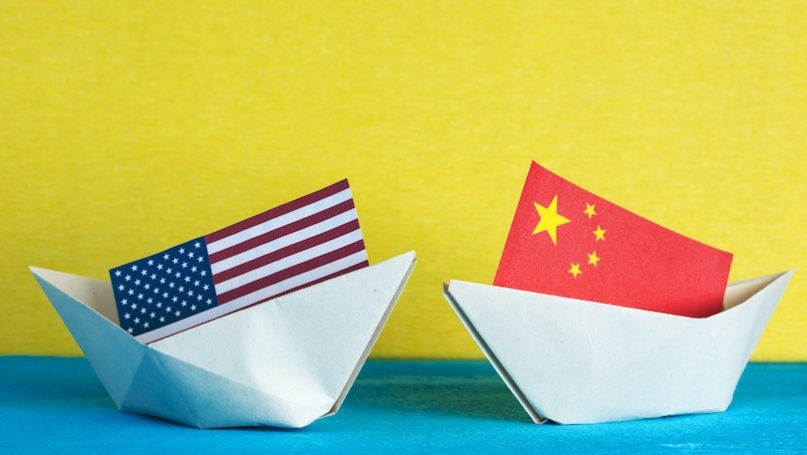 |
| With the threat of new tariffs from the US, China has reason to worry. (Source: Shutterstock) |
The tariffs are much higher than the 7.5% to 25% imposed on Chinese goods during Mr Trump's first term, while the Chinese economy is now in a much more vulnerable state.
China’s property market was strong in 2018, driving about a quarter of the country’s economic activity. Against this backdrop, local governments, which rely heavily on land auctions for housing projects, are financially strong.
This has helped Beijing withstand the tariff shock.
However, the country's real estate sector has been in a severe recession since 2021 and local government revenues have also fallen sharply. A housing glut means the sector is unlikely to return to its position as a growth driver for the world's second-largest economy.
The downturn in the real estate sector has also left local governments with huge debt, estimated to reach 147 trillion yuan (NDT) by the end of 2023, according to the International Monetary Fund (IMF).
Including household and corporate debt, the figure exceeds 350 trillion yuan — about three times the size of the economy, according to the Bank for International Settlements.
Although the Chinese government is planning financial support to rein in debt, the debt burden remains large, limiting the country's ability to respond to any external growth shocks.
Weak domestic demand is also a problem. Low wages and pensions, high youth unemployment and a weak social safety net mean China’s household spending as a share of GDP is below 40 percent, about 20 percentage points below the global average.
But so far, the Chinese government has focused on upgrading its export-reliant manufacturing sector, which has helped the world’s second-largest economy achieve remarkable success in electric vehicles, solar power and batteries.
But it has also led to tariffs on Chinese goods in the US, Europe, Türkiye and elsewhere. China can boost exports in areas where it is competitive, but it cannot control external demand.
In addition, deflationary pressures are increasing due to the real estate crisis, debt accumulation and consumption.
In addition, the possibility of a devaluation of the yuan is also limited. It is forecast that the yuan may have to fall 18% against the dollar to fully offset the 60% US tariff, meaning the exchange rate would be at 8.5 yuan to the dollar, a level not seen since the Asian financial crisis of the 1990s.
All of these factors make the world's second-largest economy more vulnerable to the threat of new tariffs from the US.
Source: https://baoquocte.vn/ong-trump-gianh-chien-thang-bau-cu-my-con-ac-mong-thue-quan-tro-lai-trung-quoc-lo-292900.html









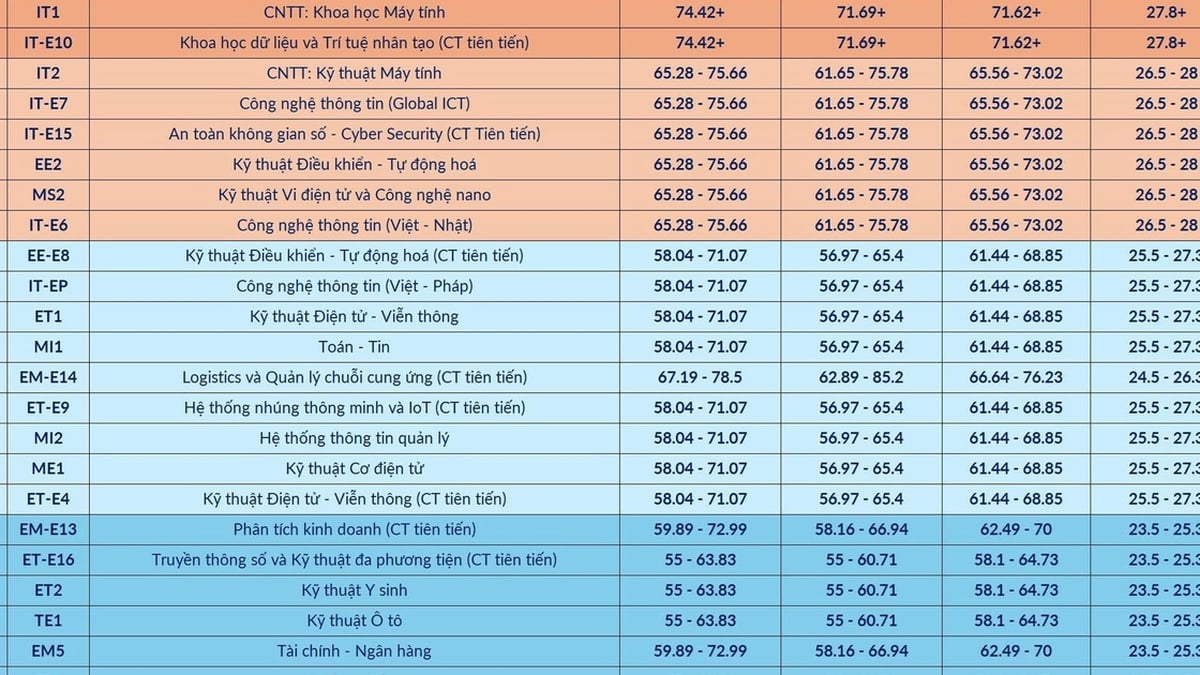
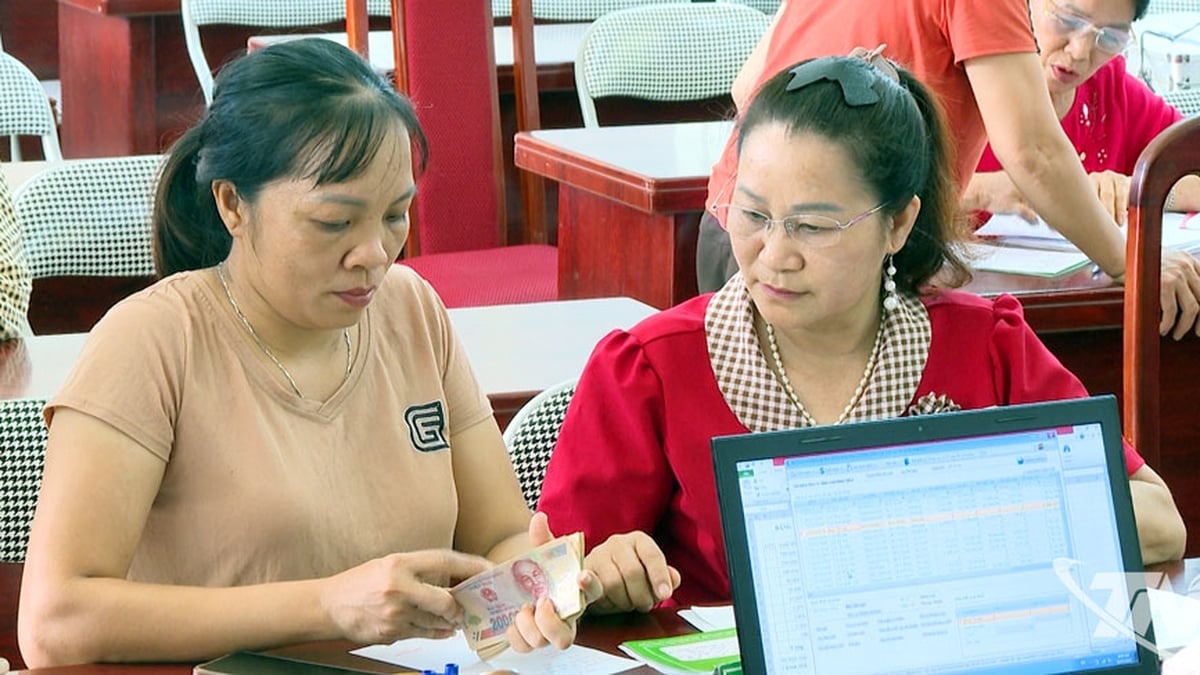






















































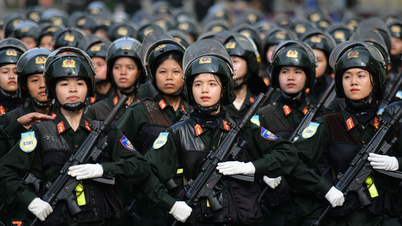







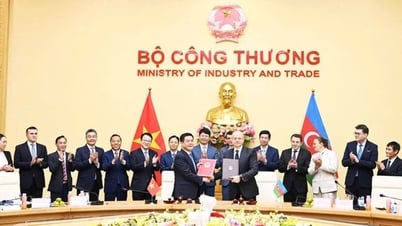












![[Infographic] In 2025, 47 products will achieve national OCOP](https://vphoto.vietnam.vn/thumb/402x226/vietnam/resource/IMAGE/2025/7/16/5d672398b0744db3ab920e05db8e5b7d)














Comment (0)